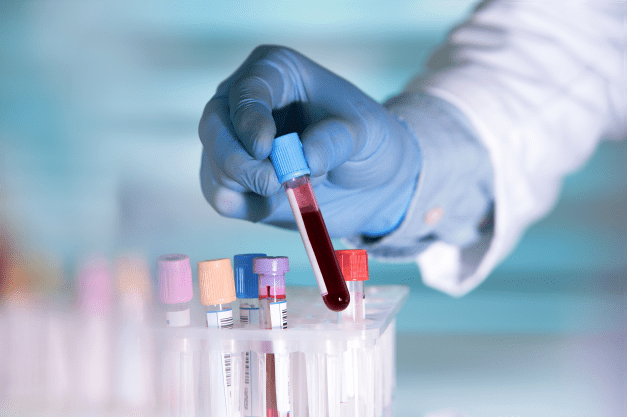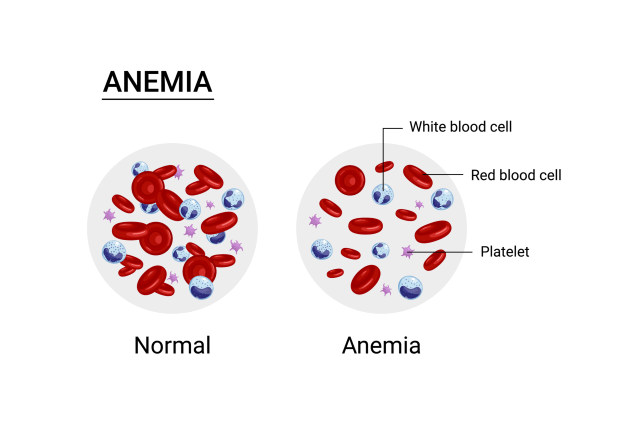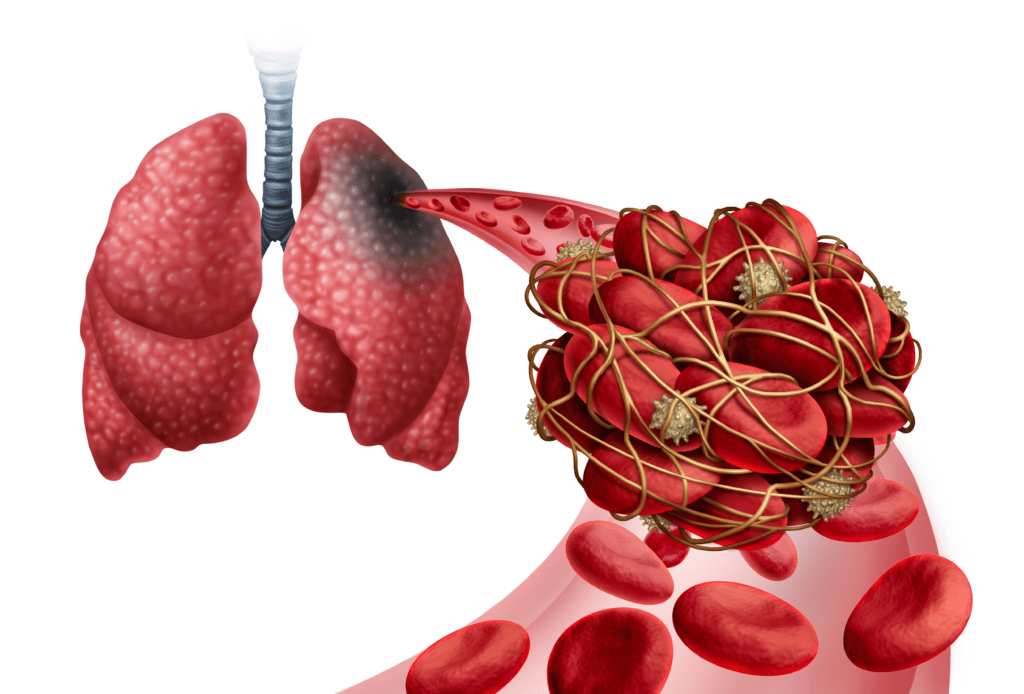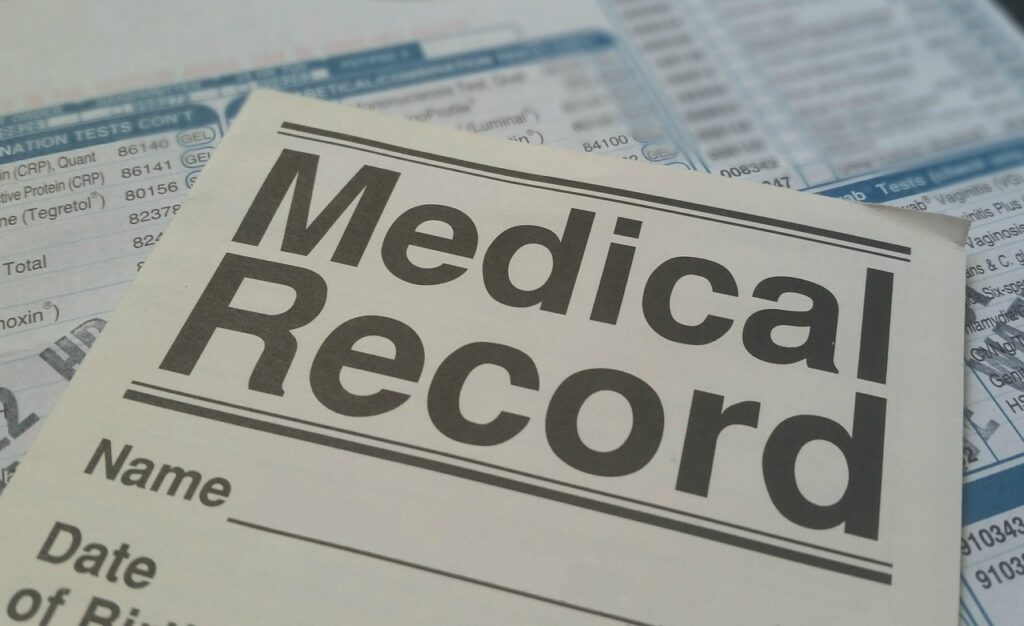Chances are when you meet your plastic surgeon for the first time, they will want a picture of your overall health. This will be in the form of laboratory tests, a complete medical history, and an accurate BMI. This information will tell your surgeon a lot about your readiness for surgery.
What they’re looking for is information to determine how your body may respond to anesthesia. Also, they want to know how your heart, lungs, kidneys, and blood will work together during surgery, and how your body will heal. If clearance from a specialist is necessary, you will know after the doctor has a picture of your overall health. For the sake of safety, the details matter.
Some Complications Can’t be Avoided
There are no guarantees there won’t be complications during or after surgery even if your laboratory tests, health conditions, past medical history, and BMI are normal before surgery. Still, the information has value. In the event complications do occur, the doctor will know where you were before surgery. This data can guide their next steps.
Now Let’s Talk About the Labs
The laboratory tests your surgeon may decide to order are a complete metabolic panel or CMP, a complete blood count or CBC, a coagulation test, or a urinalysis. The surgeon will also likely order a pregnancy and HIV test. Pregnancy and HIV tests tell the doctor your status for both so they can make the right decision for you.

The Comprehensive Metabolic Panel and Plastic Surgery
The CMP contains information about the amount of calcium, sodium, potassium, carbon dioxide, chloride, and bicarbonate in the body. These are electrolytes responsible for healthy nerve, heart, and muscle activity.
They also balance the amount of fluid in the body (too much water v. too little water). In addition, they prevent the body from becoming too acidic or too basic. Too much acid in the blood can damage organs and tissues and lead to death. Blood that is too basic can be a sign of pulmonary embolism.
When the laboratory report shows abnormal levels of electrolytes, the doctor may want additional tests. More tests can help rule out diseases that may include liver, kidney, bone, heart, and thyroid disease. Click HERE to access a table of normal lab values.
The Liver
The CMP also includes information on the protein albumin and the enzymes ALP, ALT, and AST. These proteins and enzymes are produced in the liver and are responsible for maintaining the balance of fluid in the blood, carrying hormones and vitamins, and maintaining safe levels of medications in the blood. Bilirubin, a waste product of the liver, also tells the surgeon about the health of the liver and if it is working properly.
Lidocaine use is common in plastic surgery and needs albumin and enzymes to work and leave the body properly. When the laboratory report shows abnormal levels of these proteins and enzymes in the blood, the surgeon may order additional tests. Information from these tests can help confirm or rule out liver or kidney disease. Lidocaine toxicity can lead to severe complications and even death.
Glucose or Blood Sugar
A CMP also measures the amount of glucose in the blood. This is useful for diagnosing diabetes or whether a patient with diabetes has controlled blood sugar levels. Patients with diabetes face a higher risk for postoperative infections. Poor wound healing is also common in diabetics, which can be life-changing or life-threatening.
The Kidneys
Blood urea nitrogen and creatinine (waste from the kidneys) provide useful information to the surgeon about how well the kidneys are working. The kidneys play a major role in maintaining the balance of water and electrolytes (from the CMP) in the blood. They also remove toxic waste. Additionally, the kidneys activate hormones that control blood pressure and red blood cell production.
Some risk factors for kidney disease are diabetes, high blood pressure, HIV and hepatitis infections, obesity, smoking, or a family history of kidney disease. Also, long-term use of medications that can be toxic to the kidneys, for example, non-steroidal anti-inflammatory drugs (ibuprofen and naproxen) and lithium.
Your surgeon will want to ensure your kidneys are functioning properly before moving forward with surgery and may order a urinalysis for more information. They may require clearance from a specialist as well. The urinalysis provides additional details about the health of the kidneys, urinary tract, and diabetes control. It can also be used to detect the presence of drugs in the body.
The Complete Blood Count and Plastic Surgery
The CBC contains information about the number of red blood cells, hemoglobin, white blood cells, and platelets in blood. They tell the surgeon about your body’s ability to carry oxygen to your organs, muscles, and other tissues; your body’s ability to fight infection; and your body’s ability to control bleeding.
Red Blood Cells
Red blood cells produced in bone marrow have the important job of providing oxygen to the body. They carry hemoglobin, which is the protein that binds to oxygen. Iron, B-12, and folic acid along with other substances present in the blood are used by the bone marrow to produce healthy red blood cells. When the laboratory report shows an abnormal amount of red blood cells in the blood, the surgeon may order additional labs and tests to determine the cause of the low or high numbers. Anemia is when the number of red blood cells and hemoglobin are low. It can increase the chance of complications during and after surgery.
Anemia and Plastic Surgery
Anemia is a symptom of an underlying condition just like a fever is a sign you may have an infection. It occurs when the number of red blood cells in your body falls below the normal level. It can be caused by iron, B-12, and folic acid deficiencies; blood loss due to ulcers, menstrual cycles, and surgery; chronic disease like kidney disease or HIV; or inherited hemoglobin disorders like sickle cell anemia.

Certainly, there are other causes of anemia your surgeon will want to identify before moving forward. Depending on the cause of anemia, they may be able to take measures to restore your red blood cell and hemoglobin numbers. Untreated anemia can lead to heart failure, kidney failure, an irregular heartbeat, multi-organ failure, or death during or after surgery. If your body doesn’t have oxygen, it can not survive. For patients who are anemic, clearance from a specialist may be necessary to show you are ok to move forward with surgery.
Let your doctor know if you:
- Were having a period (menstruating) at the time of your lab work
- Are HIV positive, have kidney disease, or an inherited disorder
- Have sickle cell anemia
- Have had a recent surgery
- Suffer from ulcers
- Are recovering from a recent infection
White Blood Cells
White blood cells develop in the bone marrow and have the important job of fighting infections. When the laboratory report shows high levels of white blood cells the surgeon may order additional tests in order to determine the next steps. High levels of white blood cells may be due to emotional or physical stress, infections, trauma, chronic inflammatory diseases like hepatitis or tuberculosis, or tumors. High white blood cell values may also be due to smoking, medications, pregnancy, obesity, or allergies. Infections, smoking, obesity, and some medications can all negatively affect surgical outcomes. Most surgeons will want to improve your physical health before moving forward with surgery.
When the laboratory report shows low levels of white blood cells, patients are at high risk for developing infections that can be life-threatening. Some causes of low white blood cell values are chemotherapy, drug reactions, medications, health conditions like rheumatoid arthritis, inflammatory bowel disease, HIV, and hepatitis.
Certainly, other causes exist which may lead your surgeon to require clearance from a specialist. Normal white cell values tell your surgeon there is a high probability your wounds will heal properly after surgery and your risk for infections are low.
The Coagulation Tests
Coagulation tests are PT, PTT, and INR which give information about your body’s ability to control bleeding. They tell your surgeon how long it takes your blood to form a clot in order to stop bleeding, and whether clots are forming properly. Since many of the proteins involved in the clotting process come from the liver, the tests also provide clues liver disease may exist.
Venous thromboembolism (VTE) happens when a blood clot forms in the veins of the lower leg or calf (deep vein thrombosis or DVT) and either blocks blood flow, or travels to the lungs (pulmonary embolism or PE). Pulmonary embolism is a leading cause of death in plastic surgery, so most surgeons make every effort to determine if patients are at high risk for developing blood clots.

In addition, too much blood loss during surgery can place a patient at risk for heart or multiorgan failure, or death. When laboratory results show an abnormal PT, PTT, or INR, your surgeon may order additional tests or clearance from a specialist before moving forward with surgery.
Some risk factors for VTE are a prior history of DVT or PE, obesity, smoking, vitamin K deficiency, liver or kidney disease, and medication use (birth control, tamoxifen, estrogen replacement hormones, etc.). It is very important to provide your surgeon with a complete medical history.
In Conclusion
Before surgery, your plastic surgeon will want an overall picture of your health in the form of laboratory tests, a past medical history, and an accurate BMI. In this article, we took a look at some of the laboratory values your surgeon will examine to determine your readiness for plastic surgery. These values paint a picture of your health and provide clues on what to expect during and after surgery. At the end of the day, it is important that all of your body’s systems work properly and together to lead you towards positive outcomes. CLICK HERE to read more about plastic surgery and you.
Though there is no guarantee that if your labs are normal you will not have complications, they give the doctor a starting point that helps determine where you were before surgery and the best path forward in the event there are challenges along the path of healing. For more information on the contents of this article, please consult your surgeon or physician.






